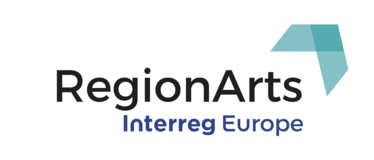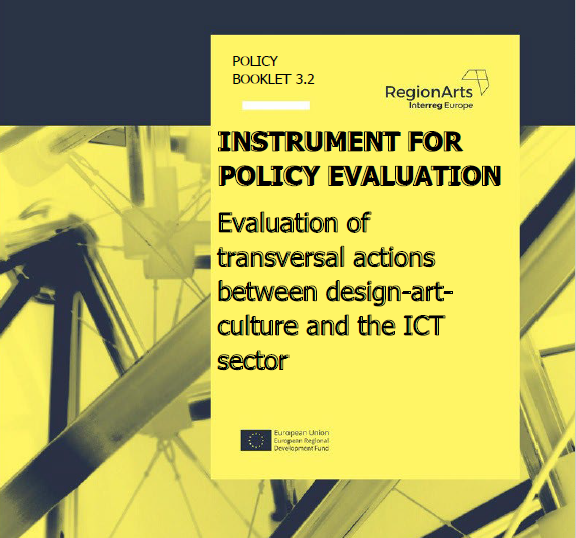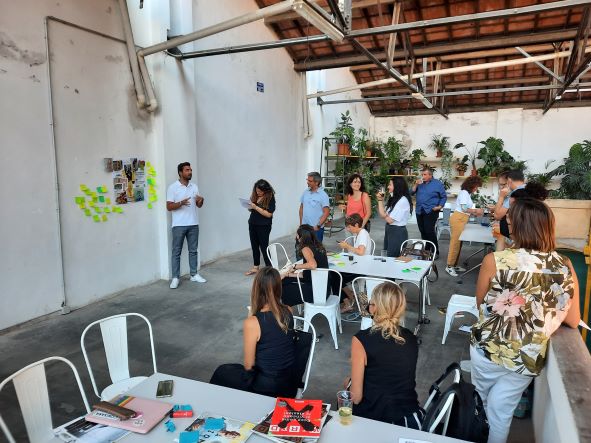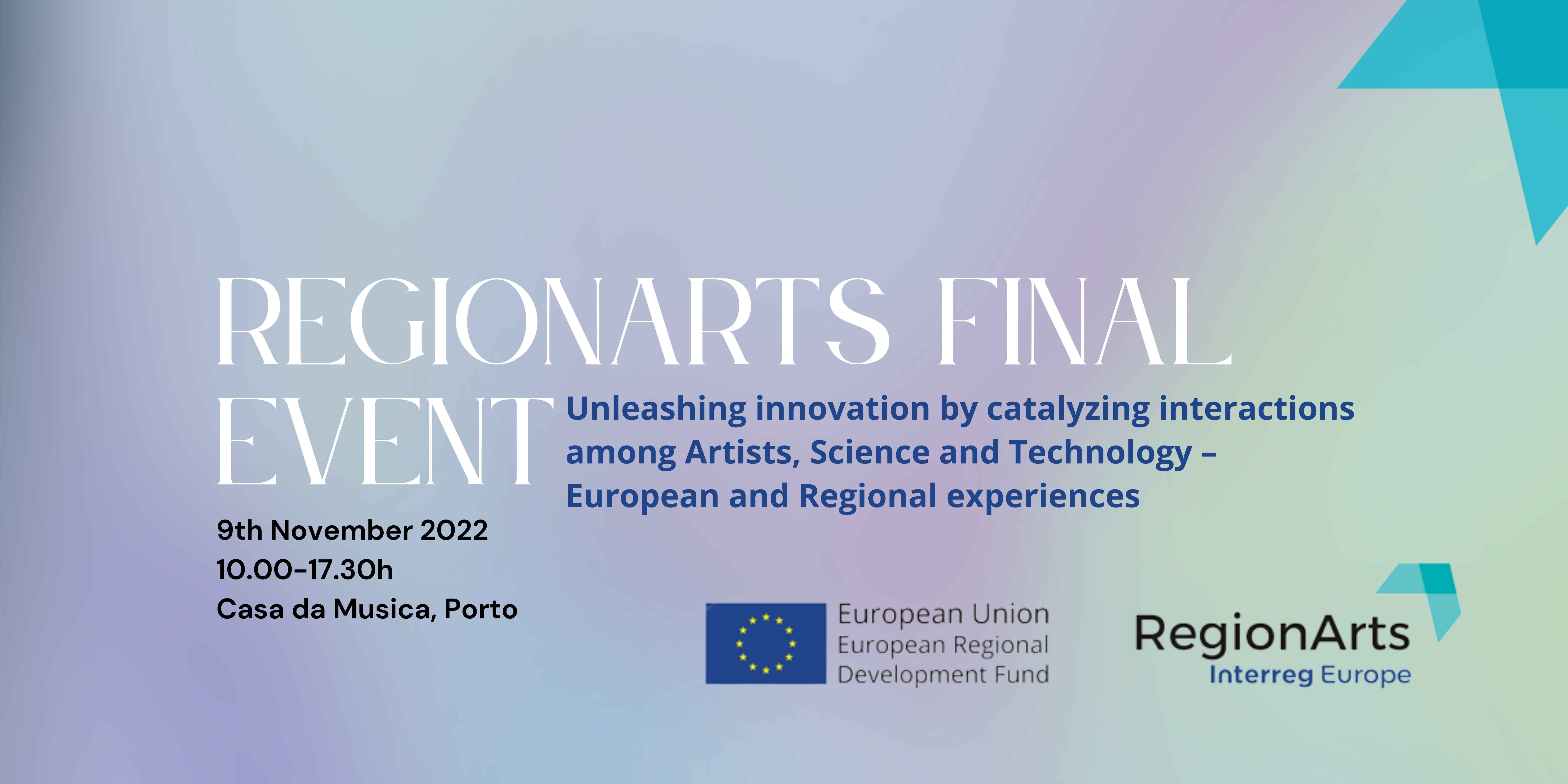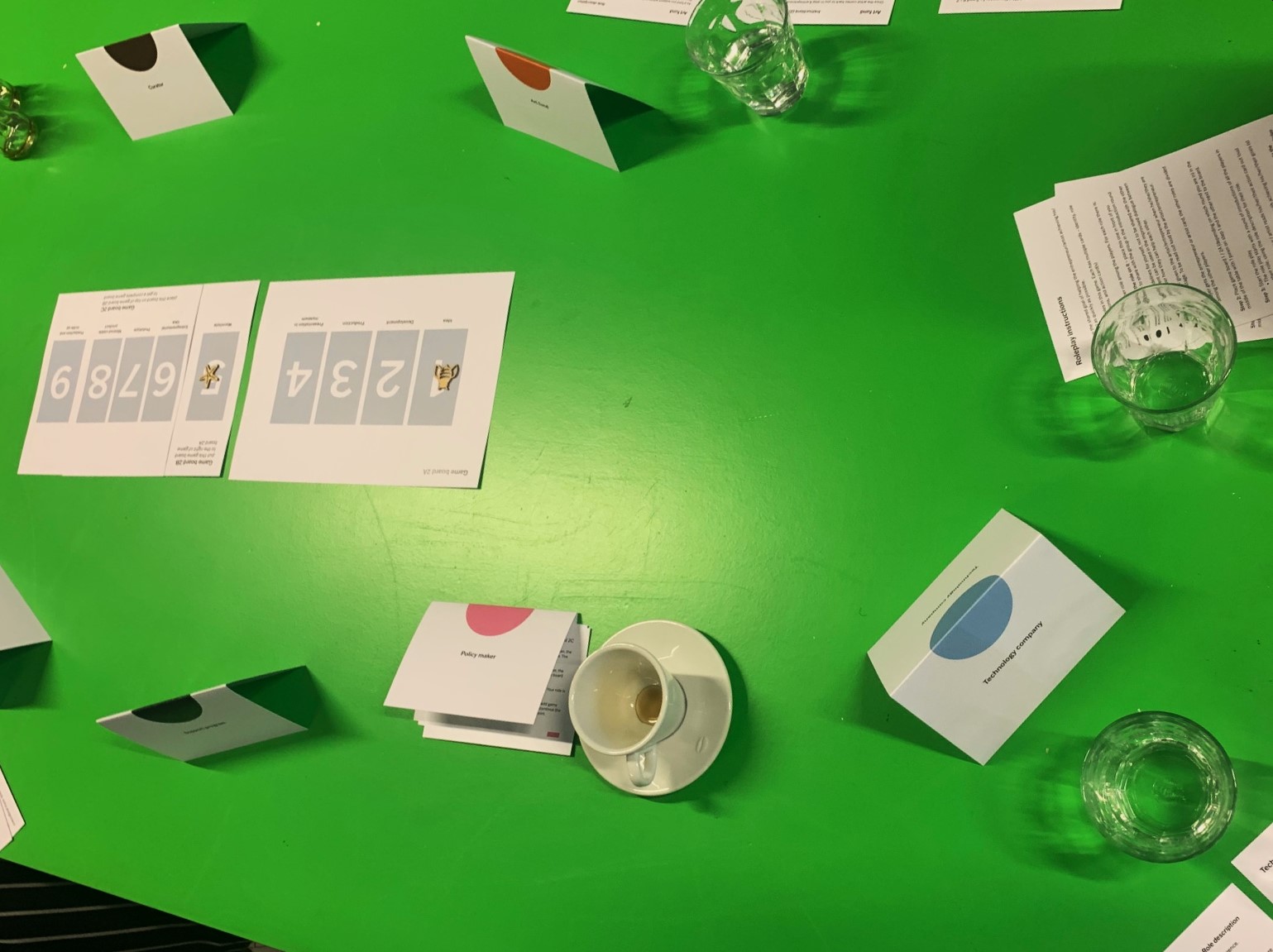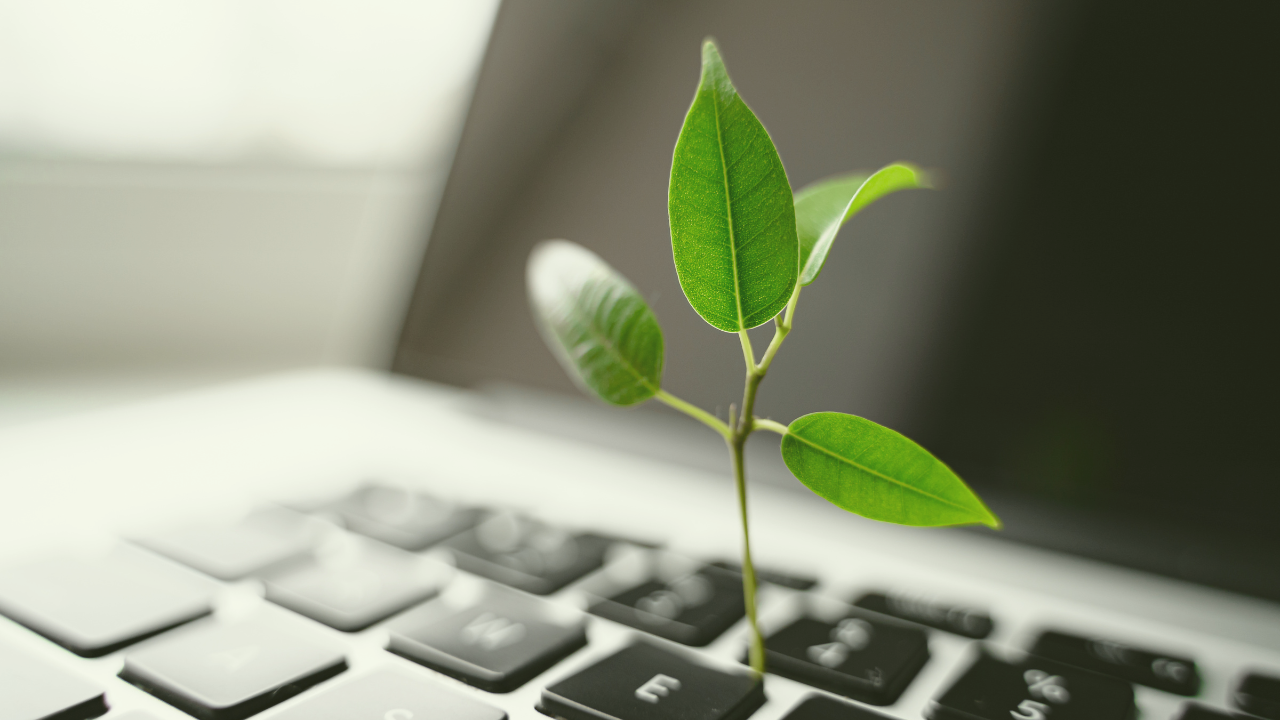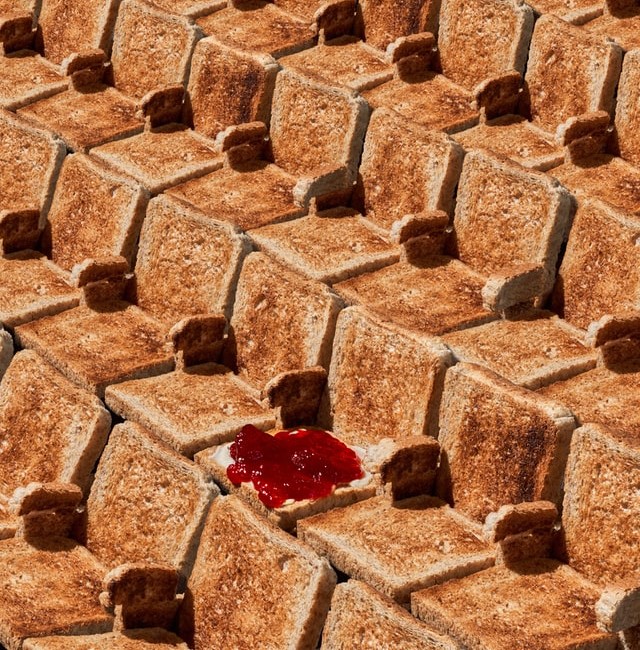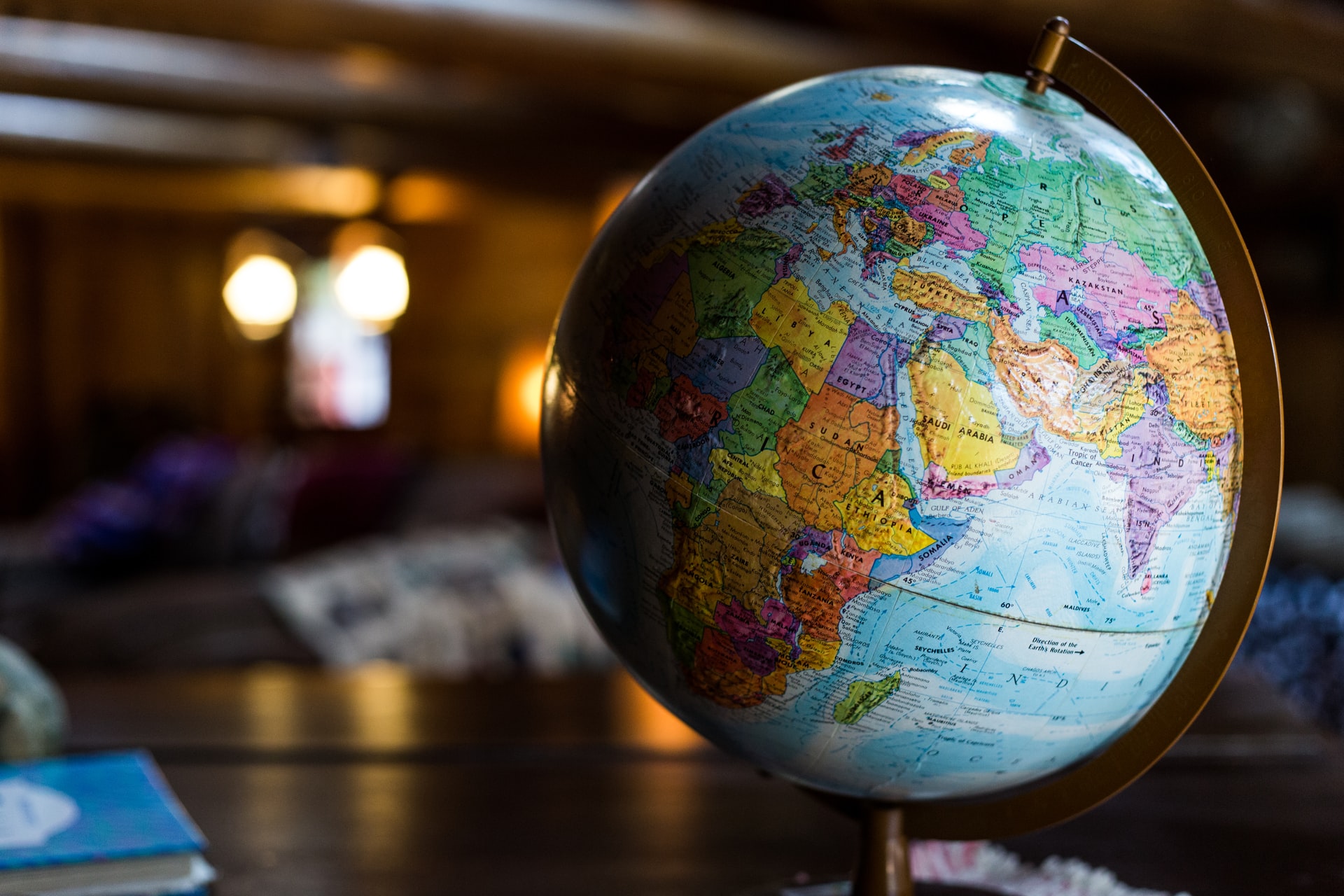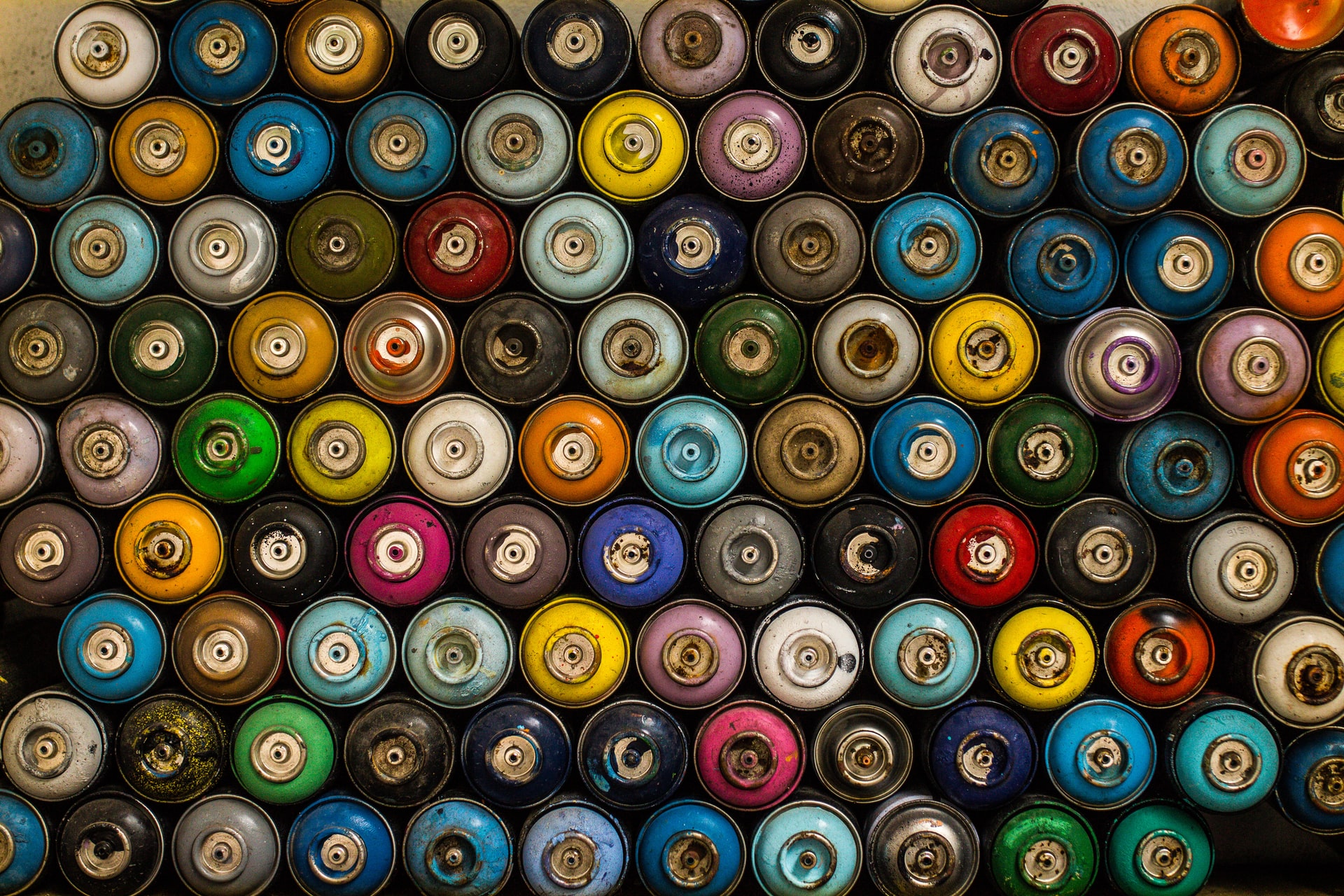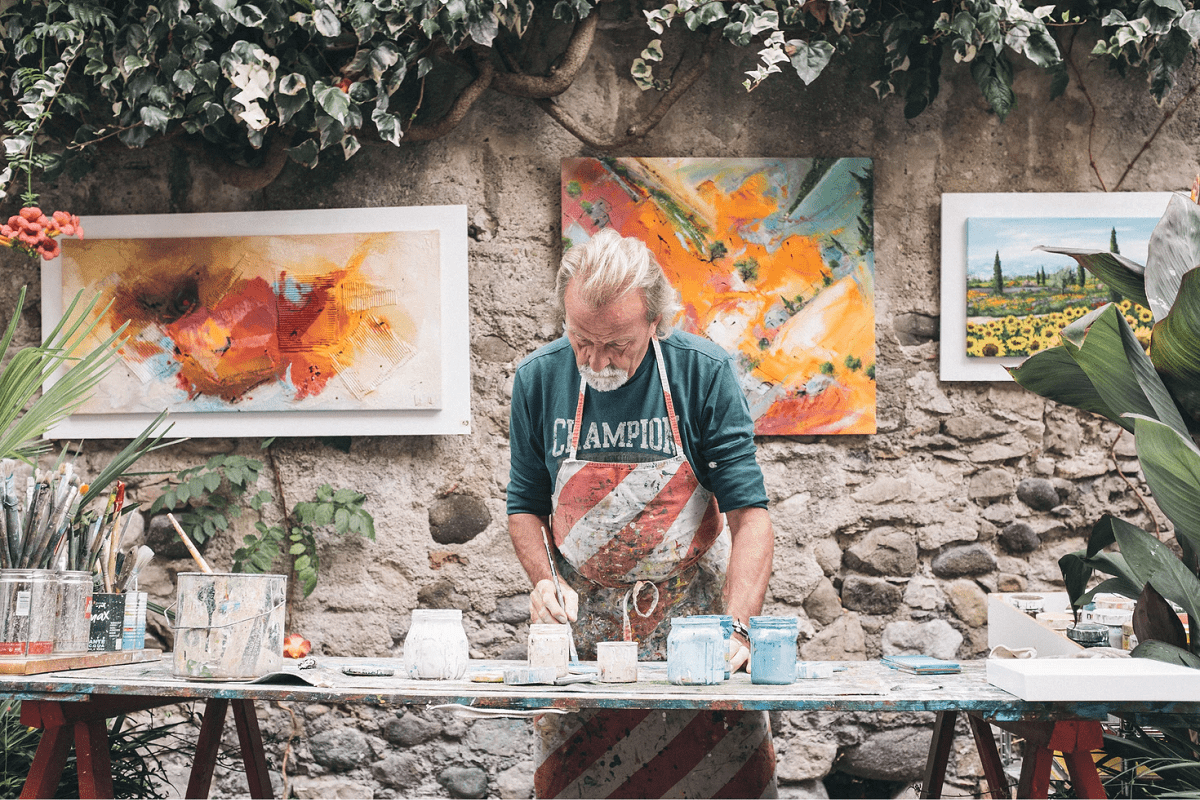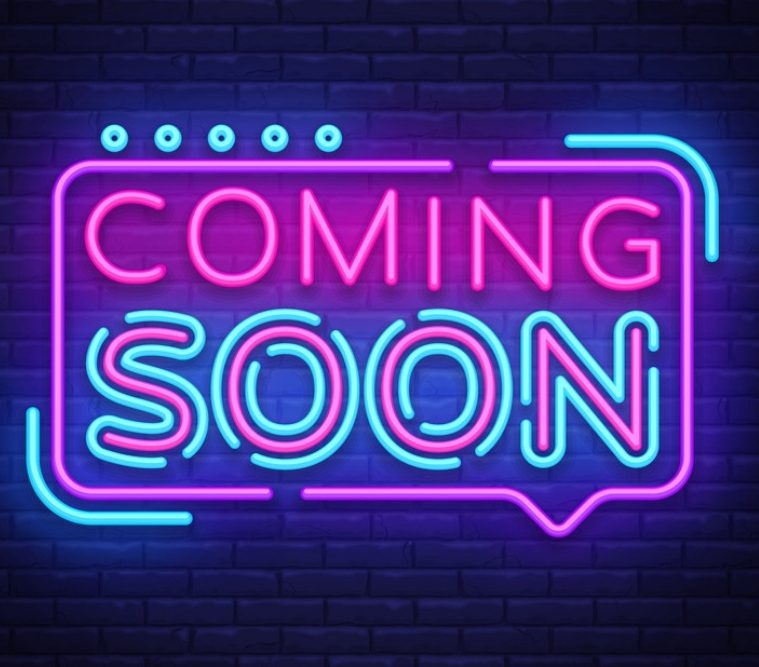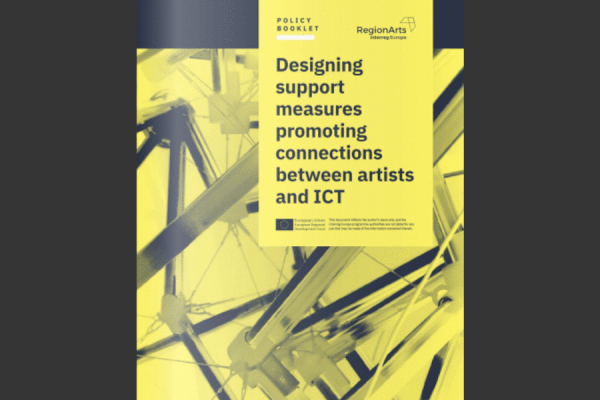The 4th Exchange of Experience event (EoE #4) of RegionArts project took place in Thessaloniki. Hosted by the Business and Cultural Development Centre (KEPA), the participants – representatives from project partners and stakeholder organisations from Portugal, Italy, Netherlands, Finland, Belgium, Croatia and Greece – had the opportunity to follow an integrated agenda including the semester partners’ meeting, an interactive learning workshop on the transferability of EU projects into the participating regions, as well as study visits and presentations of good practices of organisations in Central Macedonia (Museum of Byzantine Culture, LABattoir project, Creativity Platform, Centre for Research & Technology Hellas (CERTH) / Information Technologies Institute).
 On Thursday 20th of June 2019, the thematic learning workshop was held at the premises of the Hellenic Design Centre (inside the pre-incubator OK!Thess). This interactive workshop focused on screening EU projects and their transferability was facilitated by Vassilis Vassiliadis from Vivid Vibes. After the welcome and get-to-know session, 7 EU projects and initiatives were presented by the different participating regions.
On Thursday 20th of June 2019, the thematic learning workshop was held at the premises of the Hellenic Design Centre (inside the pre-incubator OK!Thess). This interactive workshop focused on screening EU projects and their transferability was facilitated by Vassilis Vassiliadis from Vivid Vibes. After the welcome and get-to-know session, 7 EU projects and initiatives were presented by the different participating regions.
Afterwards, during the ideation session, the participants worked in teams per participating region, to firstly re-examine the strengths and weaknesses of their ecosystem. They then passed to brainstorming ideas about activities to address the challenges of the ecosystem, getting also inspired by the projects and initiatives previously presented. After writing down their ideas individually, they put them into an ‘Actions Portfolio’ according to their impact and feasibility assessment. In the end, each team discussed their potential activities and chose two to present to the other participants, at the same time they worked on the Initiative Model Canvas, which helped them to give a shape to their chosen ideas for activities/projects.
On Friday 21st of June 2019, KEPA organised a number of study visits to organisations that activate in the fields of art/creative industries and/or ICT. The first visit was at the Museum of Byzantine Culture, where the Director gave an overall presentation of the museum and its activities, focusing especially on those related to ICT applications. Then, the participants had the opportunity to go through the main exhibition of the museum, in order to observe its main parts.

Afterwards, the delegation was transferred to the reconstructed Old Slaughterhouse of Thessaloniki, where the Head of Production and Communication of LABattoir project welcomed the participants and introduced them to the concept of LABattoir method, which is to initiate a new conception of creativity, to invent new activities and practices, and engage artists and creative citizens with art, design and new forms of "social practice”. This presentation of LABattoir project was followed by the presentation of Creativity Platform, an interdisciplinary platform for the exchange of ideas, actions, research and applications related to “creative capital” and to “creative economy” in the city of Thessaloniki and in Greece in general, given by its Director.
The last study visit was at the Information Technologies Institute (ITI) of the Centre for Research & Technology Hellas (CERTH). In the ‘smart house’ a group of ITI’s scientific team made a presentation/demonstration of on-going projects, with emphasis on those that combine ICT with creative industries, like ‘V4Design’, ‘MindSpaces’ and ‘iProduce’.
During this Exchange of Experience event, the participants had the opportunity to:
- Learn about EU projects and initiatives that promote collaborations between artists and ICT or related fields within a wider scope of enhancing SMEs’ competitiveness.
- Work in teams by using tailor-made hands-on tools, in order to formulate ideas that could address the challenges of their ecosystem.
- Get informed about good practices and visit organisations in Thessaloniki (Central Macedonia) activating in the fields of art/creative industries and/or ICT.
- Network and exchange experiences with representatives from organisations of other European regions.
In this respect, the EoE #4 managed to meet its primarily set multiplied goals by also achieving outputs and results that can contribute to the effectiveness of RegionArts project; it can be – thus – considered as a highly successful one.
